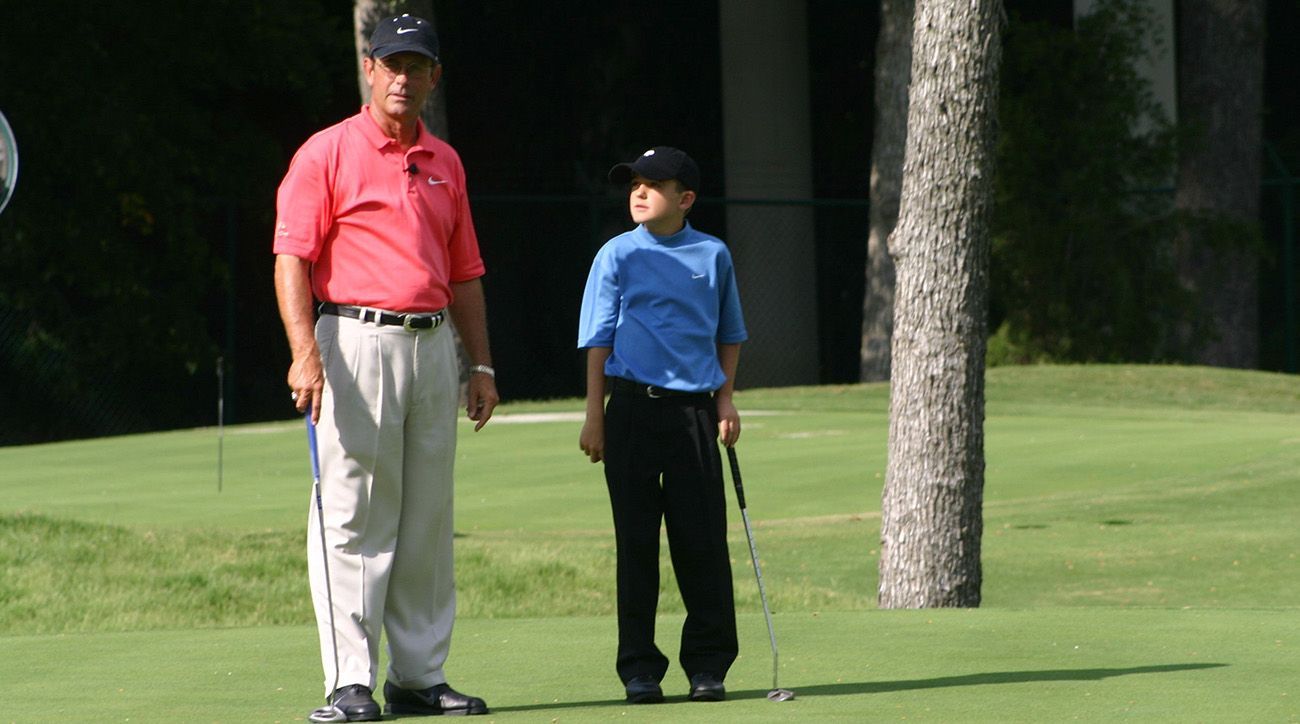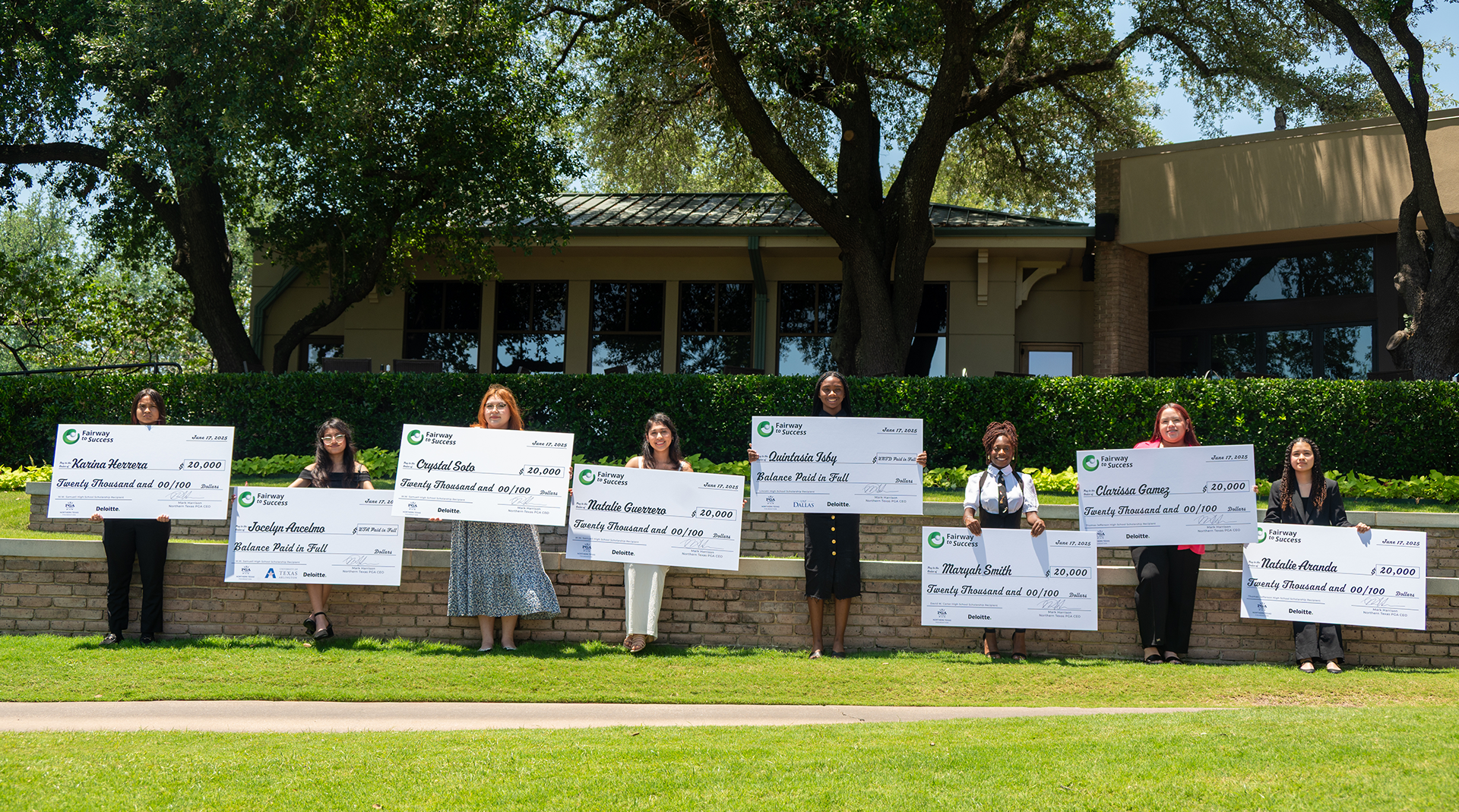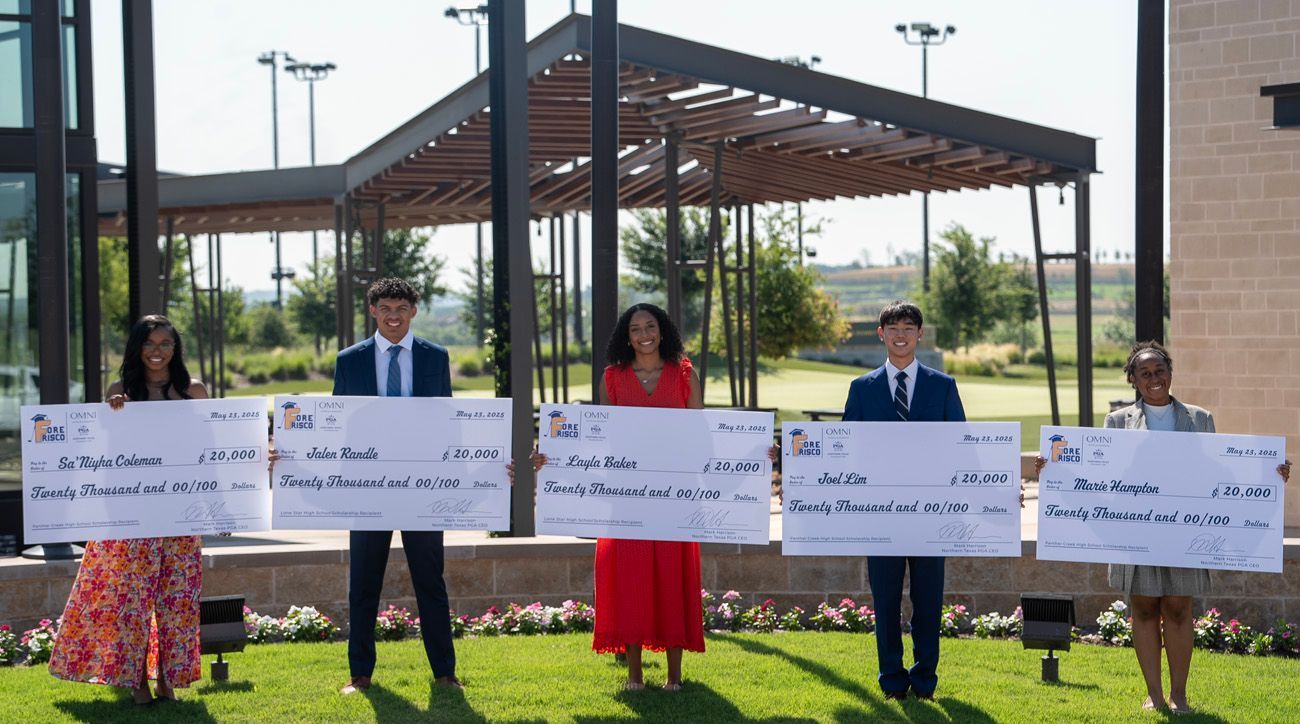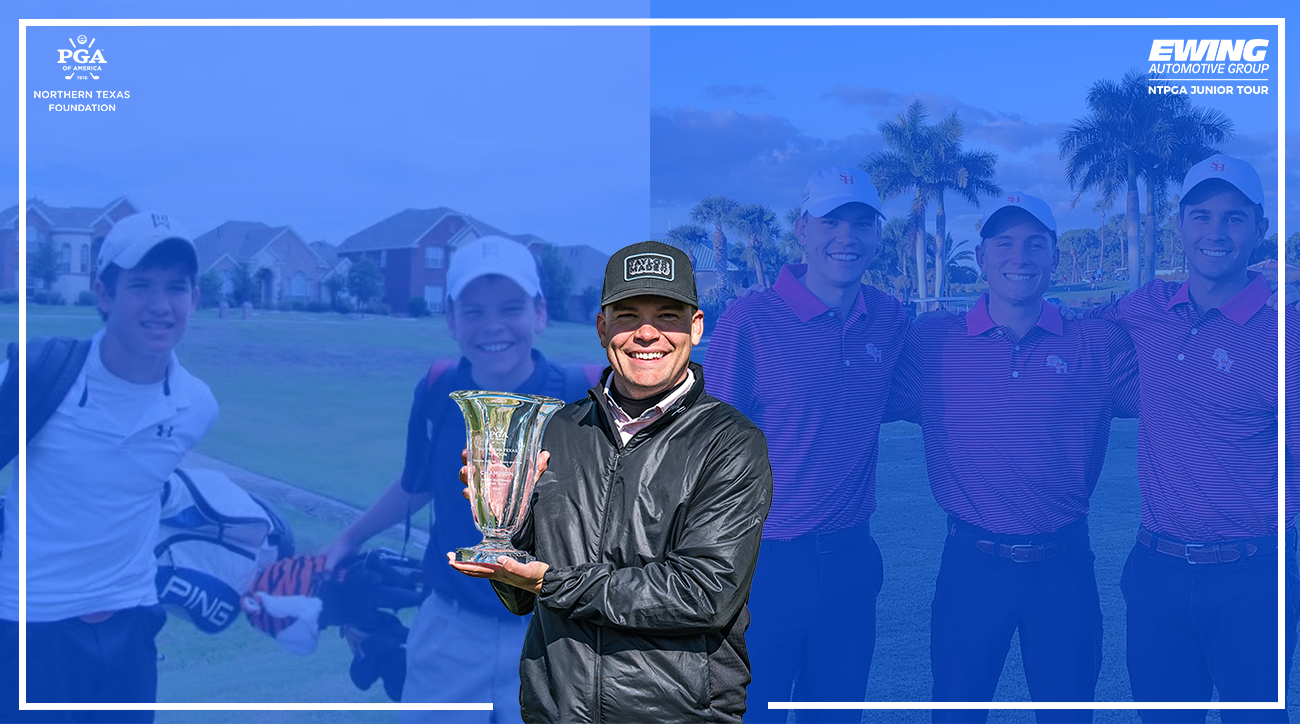COLLEGE GOLFER SPOTLIGHT - RACHEL PHILLIPS
COLLEGE GOLFER SPOTLIGHT - RACHEL PHILLIPS

As many of you know, our motto here at the NTPGA Junior Tour is #WHOSNEXT ®. The NTPGA Junior Tour is well represented by its alumni on the PGA, Web.com and LPGA Tours. Currently, there are 22 former Junior Tour members competing professionally including Jordan Spieth, Cody Gribble, Ryan Palmer, Angela Stanford, Brittany Lang and many more.
But, our #WHOSNEXT® motto doesn’t just apply to future professional golfers. It applies to our former members currently showcasing their talents at the collegiate level all across the country.
In this bi-monthly blog series, we will be featuring former Junior Tour members who are currently playing golf. Every other week we’ll check out what they had to say about their time playing on the NTPGA Junior Tour, and gain some insight into what it’s like to play college golf.
We know it is the goal of many of our current members to move on to play golf in college. Are you the next college golfer? #WHOSNEXT®
Rachel Phillips - NTPGA Junior Tour Member 2012 - 2014
Junior at the University of Texas at Arlington
Geology Major
Graduating in May of 2019
Q: What are your post graduation plans?
A: Attend graduate school to study either geology or chemistry.
Q: How old were you when you became an NTPGA Junior Tour Member?
A: 16 years old; I didn’t start playing golf until my junior year in high school. I had trained and competed in gymnastics for 10 years until injuries forced me to stop. I wanted to continue competing, and was fortunate to discover a great golf coach at a nearby course and quickly fell in love with the game.
Q: How did being a part of the NTPGA Junior Tour help or impact your golf game?
A: The NTPGA Junior Tour was integral to the development of my golf game. I would not have been able to develop as quickly without it. It provided many playing opportunities at different age and skill levels. It also provided the opportunity to meet others and develop relationships in what can be a very individualized sport.
Q: What was the biggest thing you learned while you were a part of the NTPGA Junior Tour?
A: In addition to developing my golf skills, I learned the game’s rules and etiquette. I also discovered an appreciation for both the game and the opportunity to compete. This made it a fun experience.
Q: What is one piece of advice you would give to current NTPGA Junior Tour members?
A: Do not underestimate the importance of the mental side of the game. Learning how to manage the stress of competition will allow players to relax and enjoy the experience more. It is so important to find a way to enjoy the moment because it goes by way too fast.
Q: How did the NTPGA Junior Tour help prepare you for playing golf in college?
A: It gave me a lot of convenient - and local - opportunities to play under tournament conditions. In addition to developing my playing skills, I learned how to play more strategically and manage the course. Success requires a lot of experience, and one of the best ways to gain the necessary experience is playing the game under tournament conditions.
Q: Please describe what your personal golf recruiting process looked like.
A: Since I started playing at an older age, I knew I needed additional development before trying to compete at a major college level. So, coming out of high school, I targeted junior colleges with good golf programs and academics. I sent emails to coaches, spoke with them, and visited several schools. I ended up going to McLennan Community College in Waco. From there, I went through a similar process to find a four-year university. I would recommend targeting schools that have the type of golf program and academics you want, letting the coach know you’re interested, and in the end, selecting a school where you have a realistic chance to play a lot.
Q: How does playing in college differ from the NTPGA Junior Tour?
A: There are a lot of very good college players, so the competition is much tougher. The courses are also more difficult and longer. Driving distance can make a bigger difference, too. In college, you are part of a team and I’ve really enjoyed having teammates. The team score is very important. You’re not just playing for yourself, but also for your team. In college you must also find a balance between school work and traveling to tournaments. It’s difficult, but you must work at both.











